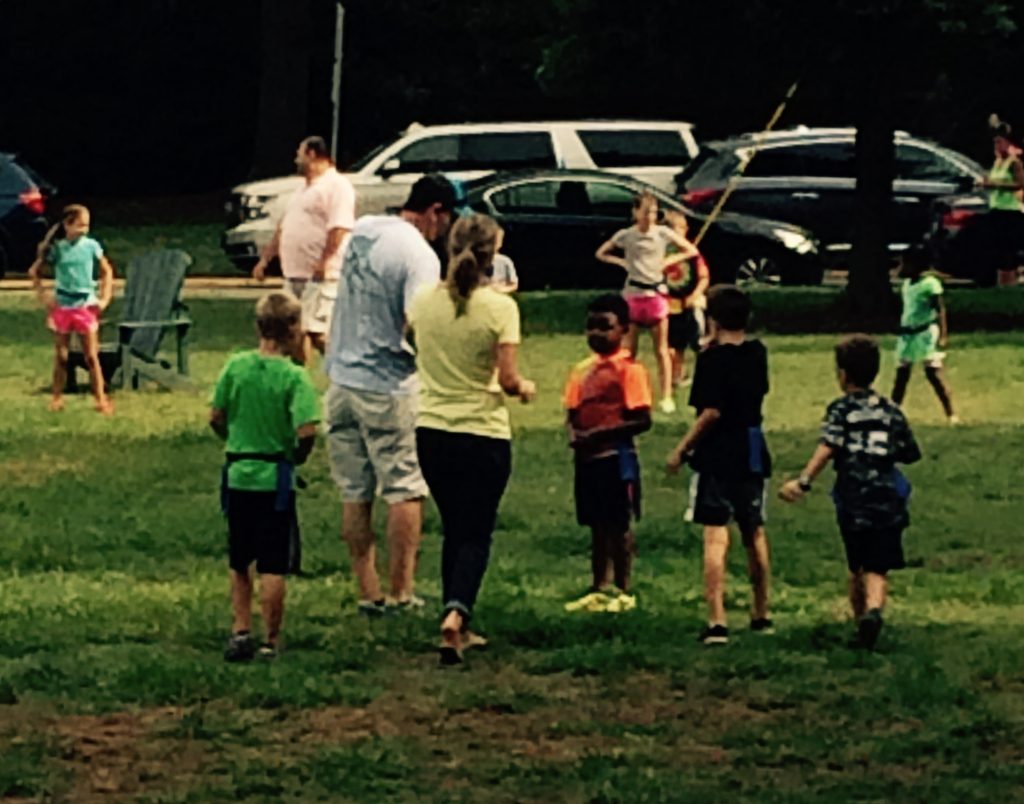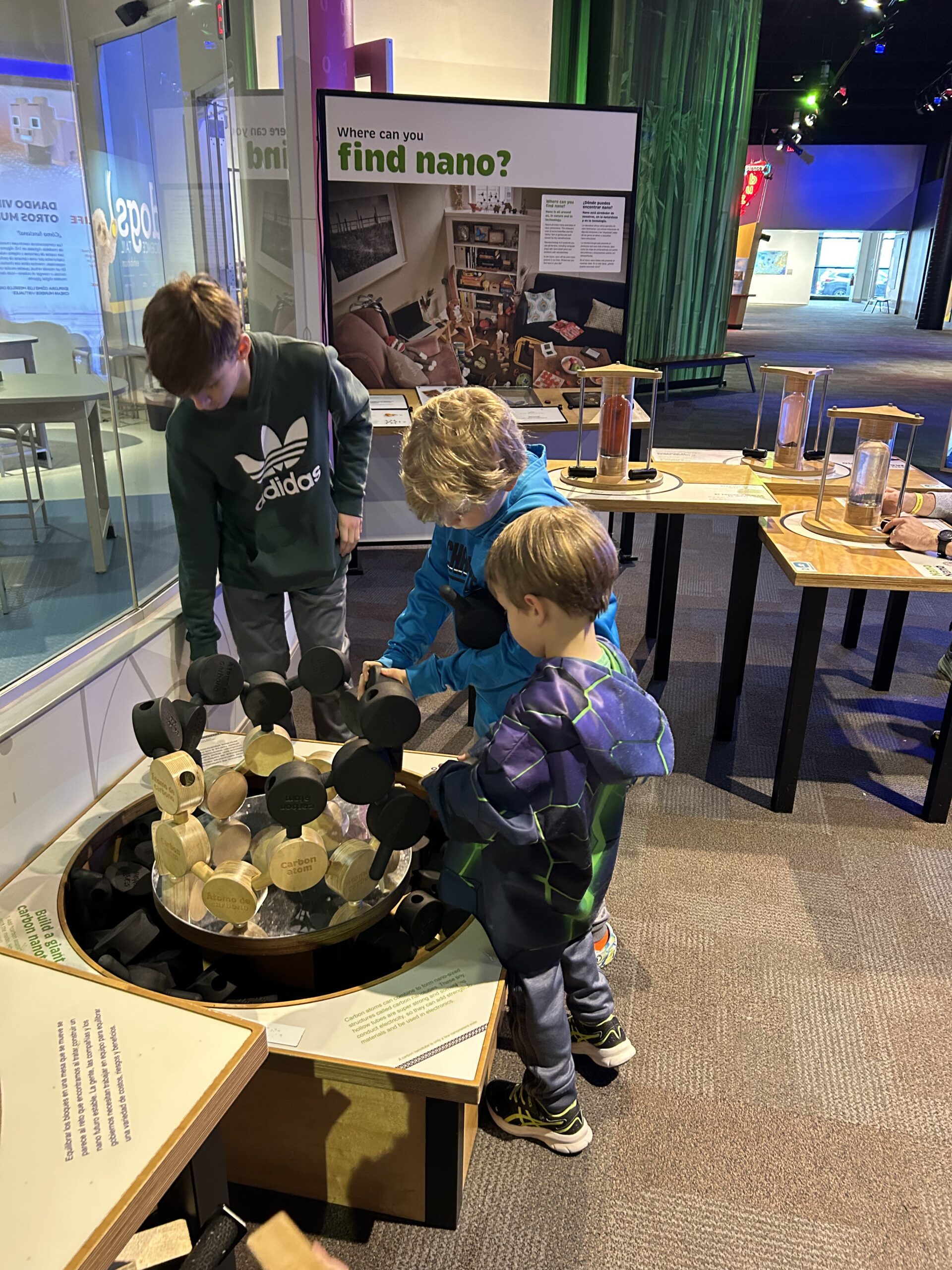Relationships are important to a child’s and teen’s growth. It is how children and young adults learn about cooperation. Also, children teach each other trust and loyalty of others. Children learn how to give and receive these important developmental relationships. However, with the pandemic, children are missing out on building friendships. Many children and teens must sit with a parent as they work or play with their siblings.
Relationships and Worry
A lack of available friends to talk to and play with causes loneliness. Thus, depression and mental health issues develop in some children. Elizabeth Schwarz, a chid psychiatrist states “when kids display extremes in behavior, such as sleeping all the time or not at all, increased irritability, and changes in weight, it’s time to worry.
The age that is hit with loneliness is the older teens and young adults. They attempt to separate from their parents through jobs and school. However, they are presently back home because of the virus.
Peers Provide Positive Outcomes
As young and older children create positive experiences with peers, they receive benefits that are healthy for their social and emotional well being. Although the benefits of peer relations are healthy, some social stressors and conflicts occur. However, the benefits are important for healthy growth. Children learn empathy, cooperation, and problem-solving strategies from their peers. Also, they experience bullying and exclusion.
Alone Time
However, there is much to gain from time with family. However, children benefit from alone time. Time alone teaches children not to depend on others for fun. It develops creative ideas and imagination. Thus, they become socially independent. Hence, they discover a calmness.
Children are resilient. They are adaptable. Through technology, video chats, and family game time, they will survive without peer interaction for a while. They develop socially and emotionally in ways that prepare them to find real-world friendships in addition to the ones they will resume.
According to Dr. Jack Shonkoff, “Even though this is unusual, most kids will come out of this fine because we’re biologically wired to adapt. If we weren’t, we would have gone extinct like the dinosaurs. We wouldn’t be able to survive because the environment is always changing.”
Quartine is not necessarily causing harm or depriving students of their needs. Children can handle changes and will be better for it.




